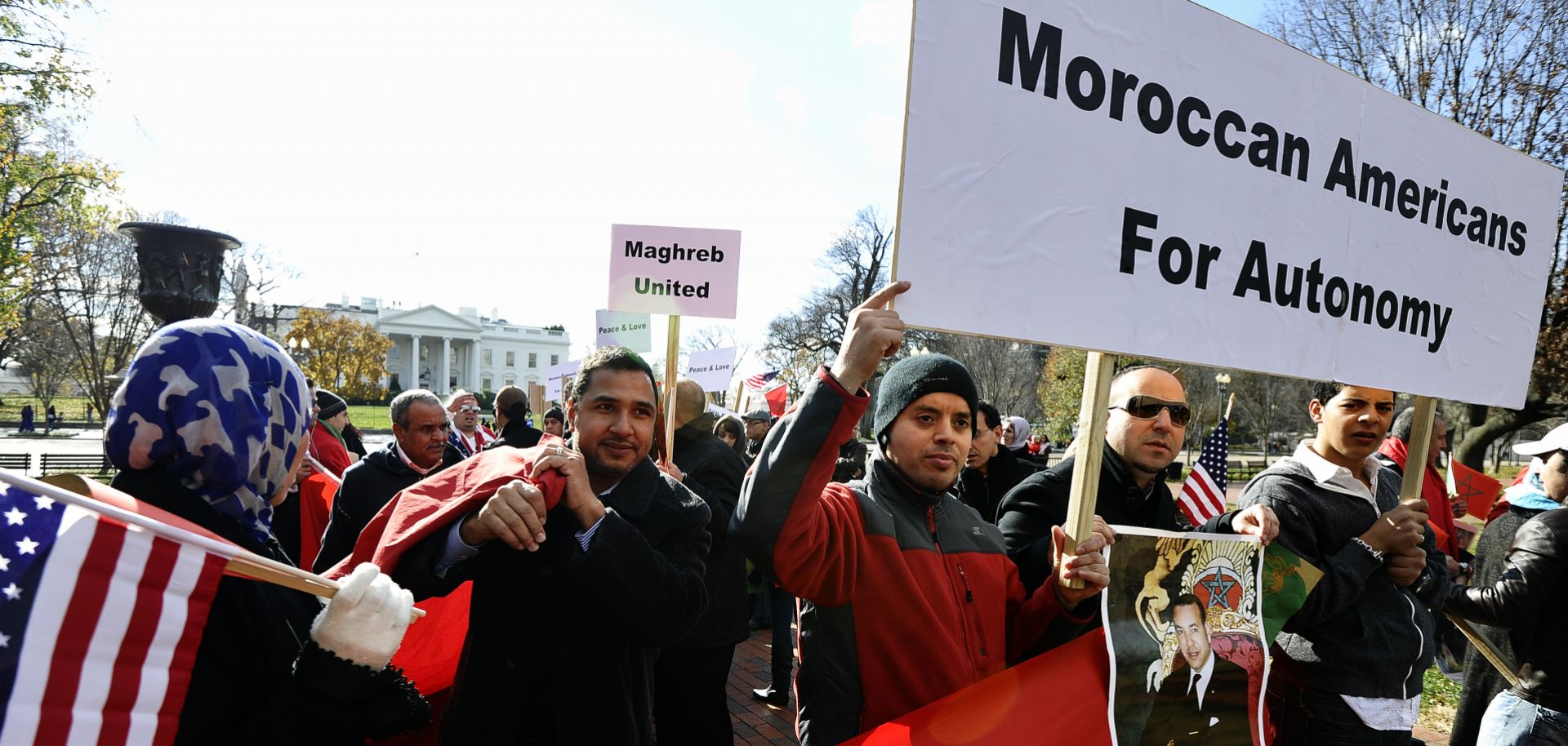If upheld by the next U.S. administration, Washington’s move to recognize Moroccan control over the disputed Western Sahara region would mark a major diplomatic feat for Rabat, though it will risk inflaming tensions both at home and with Morocco’s African neighbors. The White House and the Moroccan royal court confirmed Dec. 10 that Israel and Morocco have decided to establish full diplomatic relations. As part of the normalization deal, the United States said it will also recognize Morocco’s “full sovereignty” over Western Sahara. These concurrent agreements suggest that Washington promised its recognition in exchange for Rabat normalizing its ties with Israel. Should U.S. President-elect Joe Biden follow through on this pledge by establishing a U.S. consulate in the disputed territory, it would be a huge boost to Morocco’s diplomatic strategy of claiming de facto sovereignty over the territory, as Washington’s global influence far exceeds that of the African and Middle...


